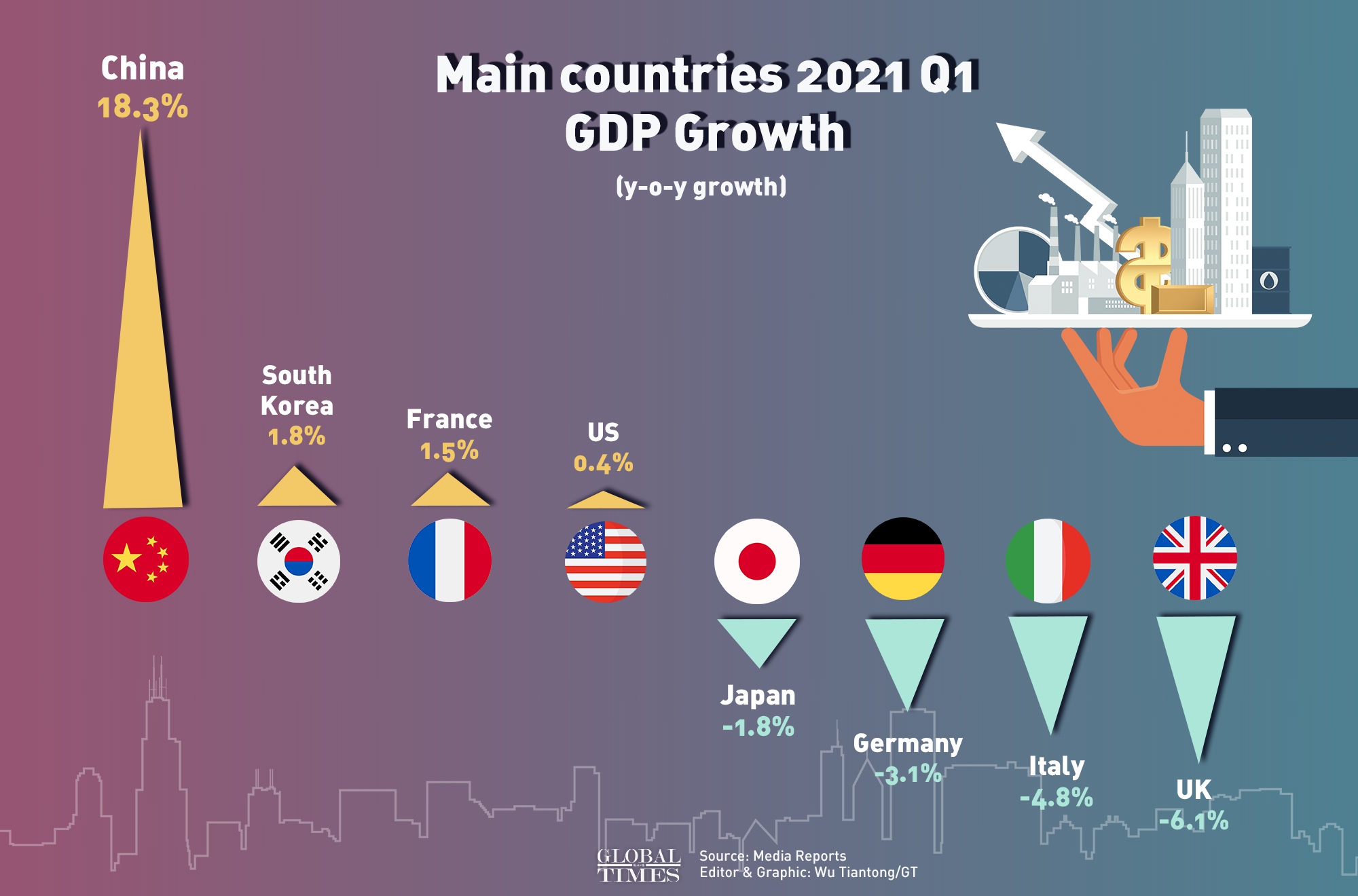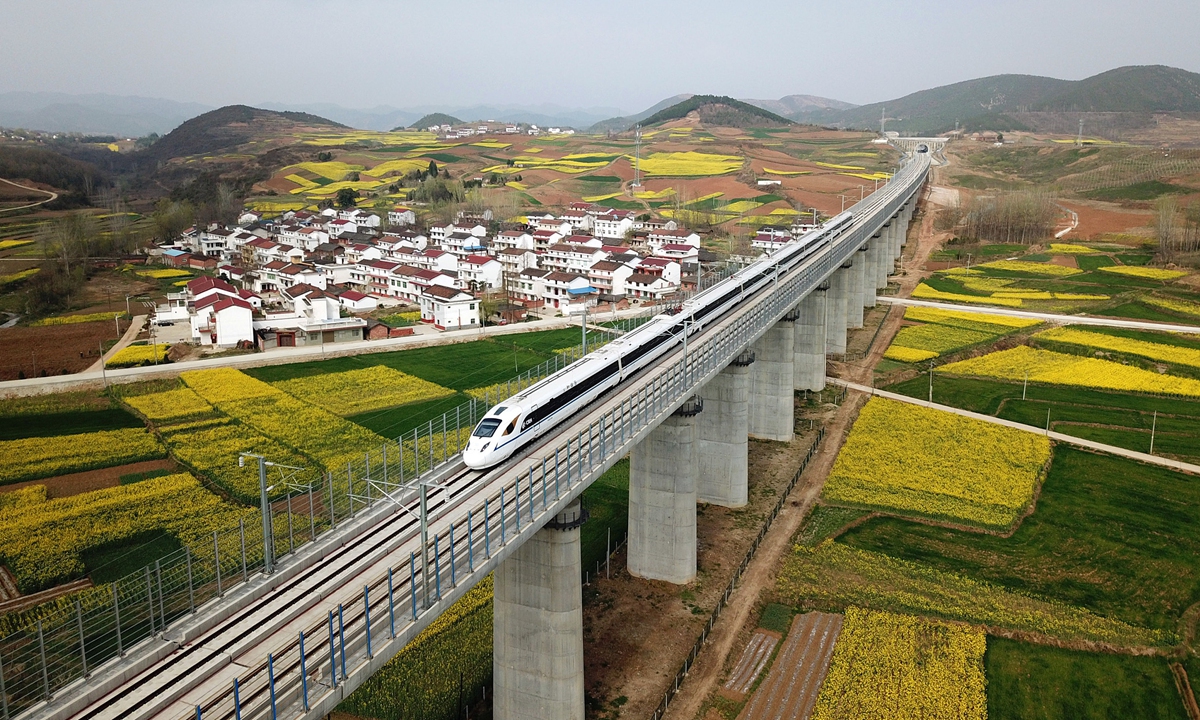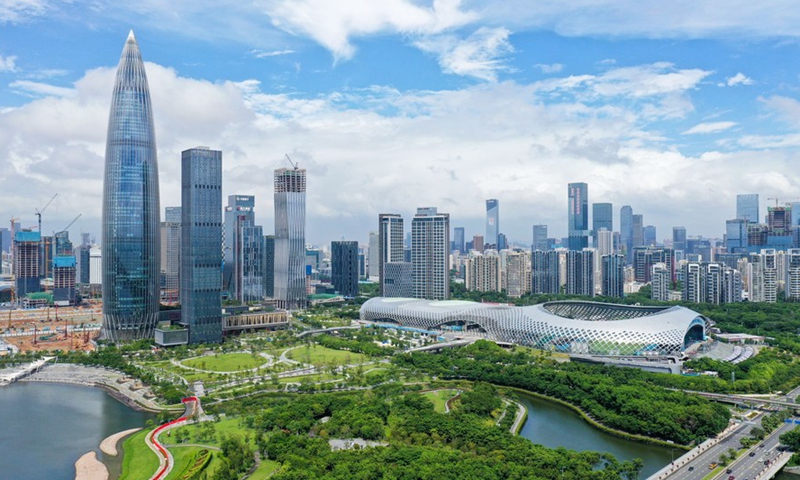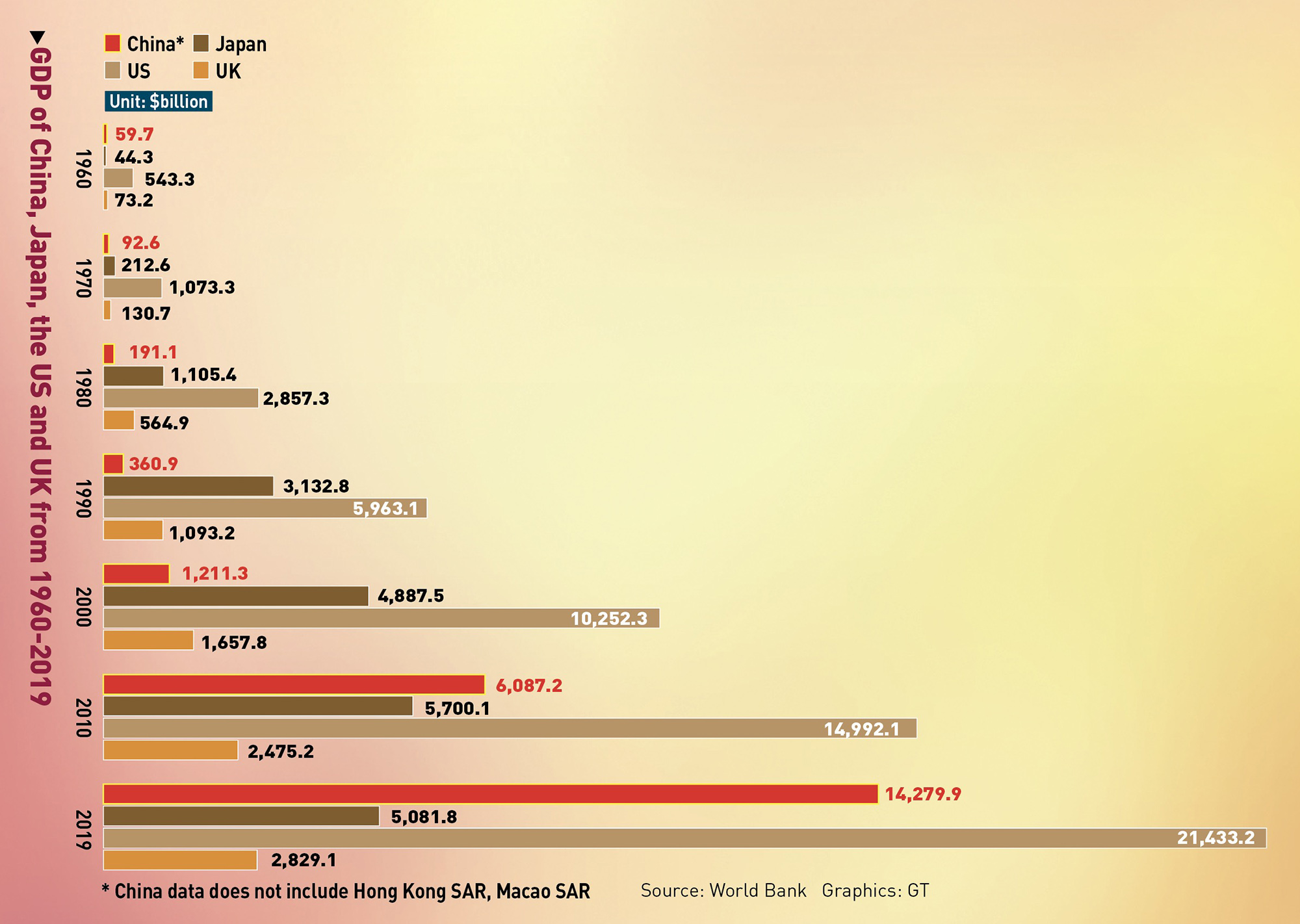Ren Zhengfei photo
From this interaction, we genuinely felt the confidence of an entrepreneur who "unswervingly manages own affairs well."
'Moving forward step by step'
PD: Facing external blockades and suppression, with many difficulties, what goes through your mind?
Ren: I haven't thought about them; thinking is useless. Don't dwell on difficulties, just take action and move forward step by step.
PD: Huawei's Ascend chip has been "warned" about usage risks. What impact does this have on Huawei?
Ren: There are many companies in China making chips, and many are doing well; Huawei is just one of them. The US has exaggerated Huawei's achievements — the company isn't that powerful yet. We need to work hard to live up to their evaluation. Our single chips still lag behind the US by a generation. We use mathematics to compensate for physics, non-Moore's Law approaches to complement Moore's Law, and group computing to make up for single-chip limitations, which can also achieve practical results.
PD: If there are difficulties, what are the main ones?
Ren: When have there ever not been difficulties? Wasn't it difficult during the era of slash-and-burn farming? Wasn't it difficult in the Stone Age? When humans used stone tools, could they have imagined high-speed trains? China has opportunities in low- and mid-range chips, with dozens or even hundreds of chip companies working hard.
The opportunities are even greater for compound semiconductors. For silicon-based chips, we use mathematics to compensate for physics, non-Moore's Law approaches to complement Moore's Law, and leverage cluster computing principles to meet our current needs.
Software cannot be choked — it's built on mathematical graphic symbols, code, and advanced operators and algorithms, with no barriers. The difficulties lie in our education and building a talent pipeline. In the future, China will have hundreds or thousands of operating systems, supporting progress in Chinese industry, agriculture, healthcare, and more.
PD: There are many voices praising Huawei now, and the recognition of Huawei is very high.
Ren: When people say we're good, it puts a lot of pressure on us. A bit of criticism keeps us more clear-headed. We make products, and it's normal for people to criticize them when they use them. We allow criticism. As long as it's truthful, even if it's critical, we support it. Don't pay too much attention to either praise or criticism; focus on whether we can do our job well. If we do our job well, there's no problem.
PD: From your attitude toward difficulties and criticism, we sense you have a strong inner resolve, remaining unconcerned with praise or criticism and instead focusing on doing your own work well. This must be a key reason why Huawei has come this far.
Ren: There's still too much praise directed at us. People should pay more attention to understanding those engaged in theoretical research. Their work is profound and often underappreciated by the public, with contributions that may only be recognized after decades or even centuries. Baselessly criticizing them is detrimental to the country's long-term development. We must understand and support those doing theoretical work. We need to appreciate their vision; their great, quiet dedication is the hope of our nation. We shouldn't elevate one group while diminishing another; those engaged in theoretical research are the hope for our country's future.
'We must understand theoretical scientists with strategic patience'
PD: How to view basic theoretical research?
Ren: When our country has a certain economic strength, we must attach importance to theoretical research, especially basic theoretical research. Basic research takes more than five to 10 years; it generally requires 10 years, 20 years, or even longer. If we do not engage in basic research, it is akin to having no roots. Even if the leaves are lush and thriving, they will fall when the wind blows. Purchasing foreign products is expensive because the price includes their investment in basic research. Therefore, whether China engages in basic research or not, it will have to pay costs. The question is whether we can pay our own researchers engaged in basic research.
PD: Regarding basic research, people may not understand it and ask, "What is the purpose of this research? What benefits can it generate?"
Ren: Scientific breakthroughs are understood by few people in the world. Those who do not understand should not evaluate them. Einstein's discovery that light rays can bend was confirmed a hundred years later. In Southwest China's Guizhou Province, there was an agronomist named Luo Dengyi. In the 1940s, when analyzing the nutritional components of fruits and vegetables, he discovered a wild fruit called thorn pear with extremely high vitamin content. At that time, China was still in the Chinese People's War of Resistance against Japanese Aggression, and the social education level was very low, so few people understood his research. Later, he wrote a paper stating that thorn pear was the "king of vitamin C." Nearly a hundred years later, Guizhou developed it into a natural vitamin-rich thorn pear beverage, a luxury in the vitamin beverage market, priced at nearly 100 yuan per bottle and highly sought after. The thorn pear industry has become a channel for farmers to lift out of poverty and become prosperous. Only then did people truly recognize Luo, who had been working at a broken desk amid the flames of war.
PD: Many research achievements seem insignificant at first, but they often prove extremely useful in the end.
Ren: Theoretical scientists are lonely. We need to have strategic patience and understand them. Tu Youyou's work on artemisinin is a case in point. So is Huang Danian, who upheld the spirit of "exploration, innovation, and sincere dedication to the country." The symbols, formulas, and thoughts in their minds can only be communicated with by a few people in the world. We must respect theoretical scientists because we may not understand their field of expertise. Society should be tolerant, and the state should support them.
PD: Basic research has a long cycle, but enterprises need to focus on efficiency.
Ren: We invest 180 billion yuan ($25.06 billion) in research and development each year, with approximately 60 billion yuan allocated to basic theoretical research, which is not subject to performance evaluation. About 120 billion yuan is invested in product research and development, which is subject to evaluation. Without theoretical support, there can be no breakthroughs, and we will not be able to catch up with the US.
PD: This reflects a long-term perspective. It is said that Huawei has a "Chaspark."
Ren: Huang Danian was a great scientist. Our country became aware of him during the Gulf War. The US military had a pod under its helicopter that could detect weapons buried by Saddam in the desert and destroy them accurately at the start of the war. Further investigation revealed that this pod was developed by a Chinese person — Huang's mining survey pod developed during his time at a British university, which was used as a weapon by NATO. He resigned and returned to China to become a teacher at Jilin University. He used his own money to request a 40-square-meter room from the university, opened a "Chaspark," and provided free coffee, advocating "absorbing cosmic energy over a cup of coffee." With the authorization of his family, we established a non-profit online platform called "Chaspark," which provides free access to global scientific and technological information. At the same time, it opens inclusive cooperation mechanism for basic research, collaborating with major universities and colleges. These are all strategic investments that are not subject to performance evaluation. In terms of basic theory, we have established an internal mechanism. We don't know when results will be achieved, and we don't set requirements for scientists.
'Goal of socialism is to develop society'
PD: American economists such as Richard Wolff questioned why the US has failed to develop a modern high-speed rail system like China and argued that the real issue is profitability under capitalism, noting that since high-speed rail is "not profitable," the US doesn't have it. In contrast, Wolff pointed out that while it may also not be profitable in China, the country still built it - "because the government did it." None of these are inherently profitable, but they lay the foundation for a developed society, contributing to the modernization of industry and agriculture. They reflect the social value of state-owned enterprises. For competing products, China implements marketization - allowing market competition to realize their commercial value and generate tax revenue for the society. What's your view on this?
Ren: Why is it that only socialism can take on projects that is not profitable? One of the core purposes of socialism is to advance societal development. The socialist market economy system adopted in China is a remarkable feat. When it comes to infrastructure development, we can only follow the path of the socialist market economy - otherwise, large-scale projects like high-speed railways, expressways, and dams... simply could not be built.
PD: What's your insight for the development prospects of artificial intelligence (AI)?
Ren: AI may be the last technological revolution in human society, though there might also be nuclear fusion in the energy field. The development of AI will span decades and centuries. Don't worry. China also has many advantages.
PD: What's your view on these advantages?
Ren: China is home to hundreds of millions of youth, who are the future of the country. Xi Jinping, general secretary of the Communist Party of China (CPC) Central Committee, pointed out that the strength of a country or a nation is always underpinned by cultural prosperity. The critical technical requirement for AI lies in having ample power supply and a well-developed information network. Developing AI requires robust power guarantees. China excels in power generation and grid transmission, boasts the world's most advanced telecommunications network. The "east data, west computing" project is able to be realized.
PD: Any other advantages?
Ren: There's actually no need to worry about the chip issue. By leveraging methods such as superposition and clustering, computational results can match the most advanced global standards. In terms of software, thousands upon thousands of open-source software will meet the needs of the entire society in the future.
PD: How do you view China's future?
Ren: Thomas L. Friedman left our company and bought a second-class high-speed rail ticket to experience China. Later, he wrote an article titled, "I Just Saw the Future. It Was Not in America."
PD: We've read that article, where he says "what makes China's manufacturing juggernaut so powerful today is not that it just makes things cheaper; it makes them cheaper, faster, better, smarter and increasingly infused with AI."
Ren: Fundamentally, algorithms are not in the hands of IT experts but in the hands of power experts, infrastructure experts, coal experts, medical experts, and various industry experts. From a practical perspective, Chinese manufacturing is adopting artificial intelligence very quickly, and it will give rise to many Chinese models.
PD: What kind of support does the development of private enterprises need from the country?
Ren: A legalized and market-oriented environment where the government administers in accordance with laws and regulations. Enterprises should focus on value creation, technological breakthroughs, law-abiding operations, and tax compliance. This harmonious development model will gradually unleash economic vitality.
PD: How do you view openness and development?
Ren: The more open the country becomes, the more it will drive our progress. Under the leadership of the Party, with unified administration and clear policies, it is possible to gradually form a unified national market. This will surely break through all blockades and achieve great rejuvenation.
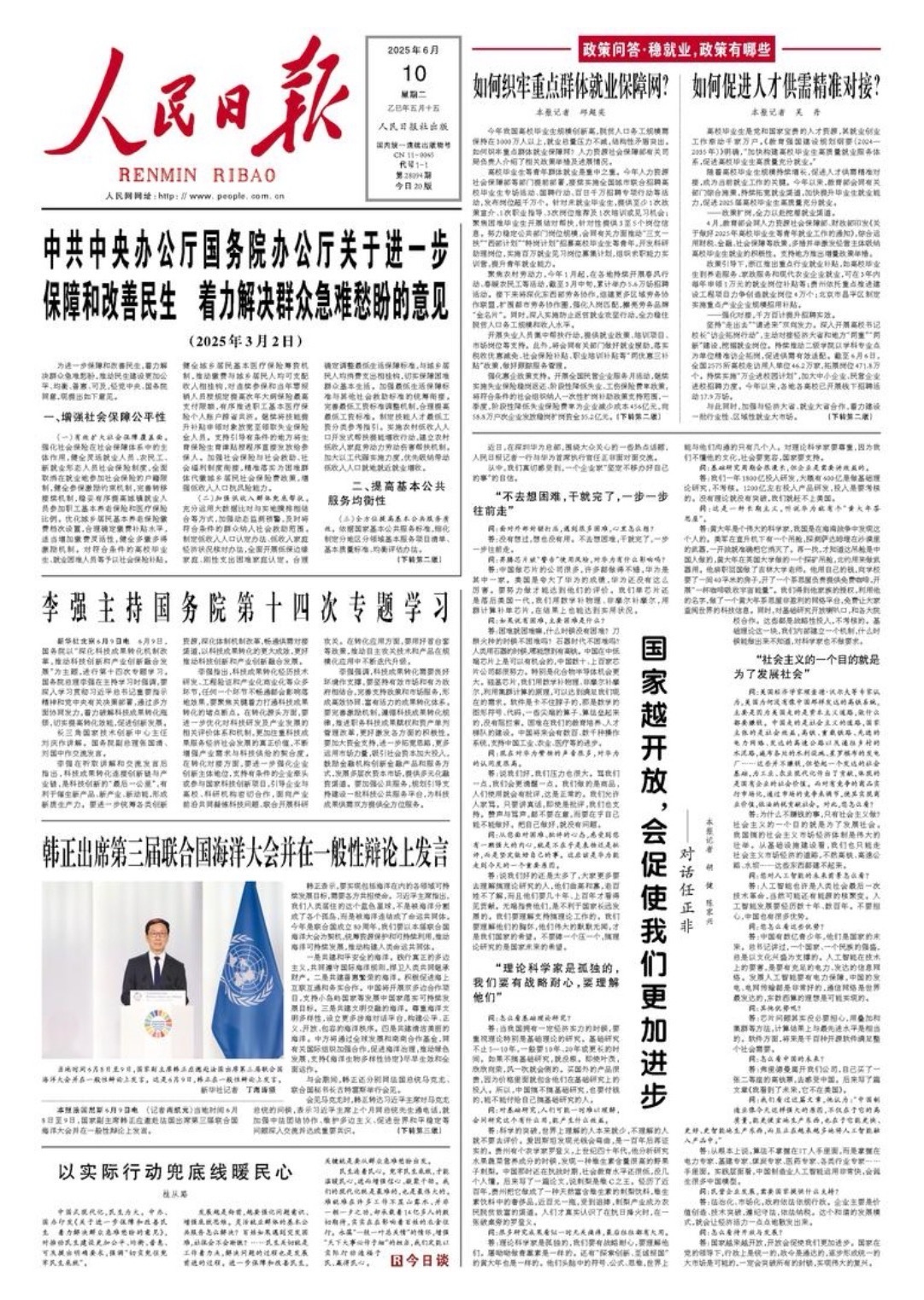
Photo: Screenshot from People's Daily





